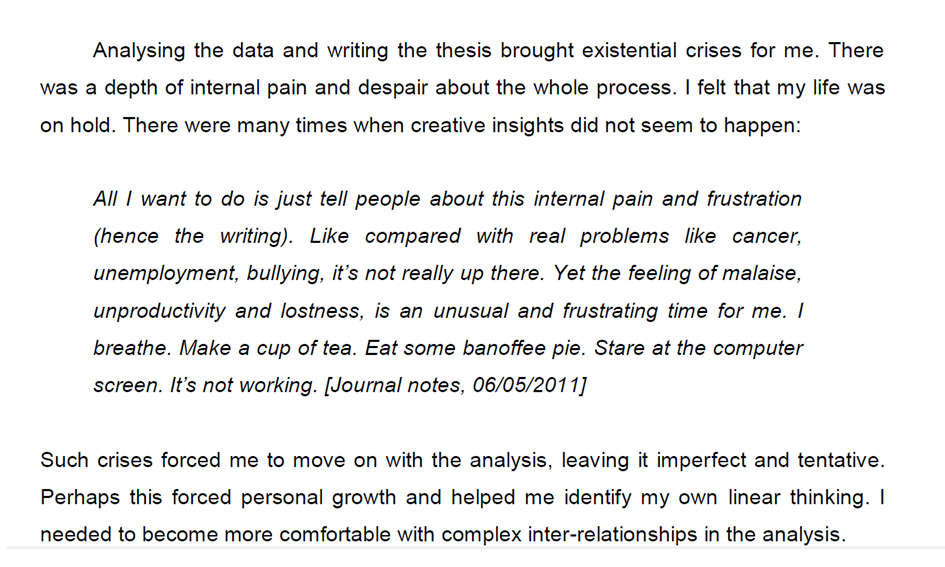What are your values?
Values are principles and ideals that are important to us. They can be individual and personal to us. There are many examples of values; too many to list!
Some values I hold include clarity, freedom, and justice.
Values come in many shapes and sizes. They are personal to us. The things that we value will differ from the things that other people value. We may find that people close to us share similar values, but of course, even our nearest and dearest can have different values, or at least, different ways of putting these values into practice: Both my spouse and I value a tidy house, but she values this more when friends are coming round, whereas I value it all the time!
The values we hold appear to be stable. We don’t frequently change our values. They seem to be consistent. It would be quite odd to go from being somebody who holds a value of justice one day to acting in a way that appears unjust another day. Of course, we can act in inconsistent ways, but this is unlikely to be because our values suddenly change.
Sometimes our motivational challenges can arise because of a conflict in values. We may find ourselves in a situation where there are competing values and we feel uncertain how to proceed. For instance, in some work places, there have been times when others have asked me to do things I felt uncomfortable doing. Whilst I valued the relationship with my superiors, I also valued my sense of integrity. In these types of scenarios, I have felt stuck and unsure how to move forward.
One way we can identify our values is by reflecting on how we use our resources. What have we invested our time and money in? Where do we put our energy and focus? What are the underlying values behind this?
Take a moment to think about your values.
What is really important to you?

This blog post is an extract from my upcoming book – Get Your PhD Done.
To find out more about it click here!
April-Fool’s-Day

April Fool’s Day
So today is one of those annual days where we scour the news trying to unpick what is true and what is nonsense.
In the era of fake news, many of us already have our critical faculties activated to look out for this fake stuff anyway.
Which makes me think, what fake stuff do we have going on in our own lives? We have our own way of presenting ourselves to the world. When people ask how we’re doing, we automatically say “I’m fine” without much recourse to the truth of our inner lives.
Is our job really fine?
Are our families really doing well?
How are our finances coping with today’s ridiculous cost of living increase?
We can really benefit from having a safe space to say, “actually, thing’s aren’t all that great, I could do with a bit of help with….”
What’s your April’s fool?
Five top tips for keeping PhD students motivated

To be honest, I’m quite taken back by the scale of the response to a poll I posed on Twitter.
This was my first poll and it received 685 votes and almost 11,000 impressions.
I asked people what the biggest challenge to completing their thesis was – and this was their response:

I’m obviously aware, this self-selecting sample of Twitter engaged PhD students/academics is hardly going to pass the peer-review mark. However, I do think we can acknowledge that motivation is a significant barrier to academics completing.
This draws me to reflect on the motivational challenges that I experienced myself. In fact, I actually reflected on this in my own thesis:

I totally get it. I’ve been there before. The struggle to just get down to data analysis or thesis writing is so hard. What’s more, people outside of academia don’t often understand. This can make it feel more isolating. After all, you are the expert on your unique field of study.
And not many people want to know about it!
So what to do about it? Here are my top tips for addressing low motivation.
1. Do something on your thesis every day. Set yourself a really low bar goal so that you are getting that sense of achievement each day. This will help to build up some regular positivity.
2. Exercise. We all know about the physical health benefits, but there are also mental health benefits to regular movement.
3. Come back to your ‘why’. What was it that made you passionate about this thesis in the first place? How did it tap into what is important to you? What will it mean to you to get this thesis completed?
4. Write. Get into the practice of writing something every day. If you’re early on in the thesis, you can still be writing your introductory chapter. If you are really struggling, focus on the references. If you don’t want to go near your thesis, just write for five minutes about what’s going on for you. Write, write, write!
5. Connect. Speak to a colleague. A friend. A loved one. They may not want to know about your thesis, but they do care about you. Don’t let thesis block get in the way of your relationships.
I hope these tips have been helpful. You really are not the only one going through this. If you want to connect with me and find out how coaching can serve you, do get in touch. I’d love to hear from you.

Is Your Life Balanced?

Are you tired of not having enough time for the things you love? It’s easy for life to get out of kilter.
I know that from my own experience. Right now I’ve just worked with my partner to get rest days for us both into our schedule because my drive can just get the best of me (and my family!).
Let me show you how life coaching can get you practical steps towards a more balanced way of living.
